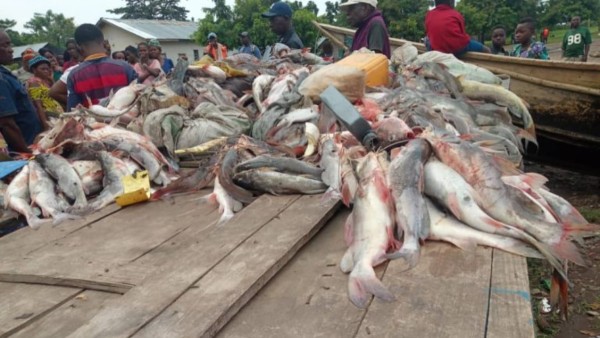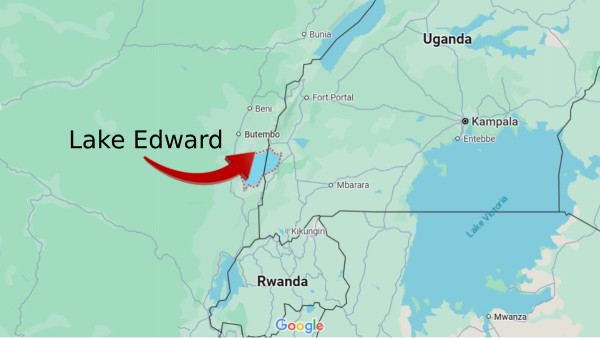Lake Edward, a vital source of livelihood for thousands of people living along its shores, is facing an unprecedented crisis. Rampant overfishing practices, driven by greed and desperation, are decimating the lake’s fish stocks, threatening the food security and livelihoods of local communities. The consequences are dire, and immediate action is necessary to prevent a catastrophic collapse of the lake’s ecosystem.
The Extent of the Problem
According to recent data, fish stocks in Lake Edward have declined by over 50% in the past decade, with some species facing extinction due to overfishing. The average catch per vessel has decreased from 200 kg per day in 2010 to just 50 kg per day in 2022, a staggering 75% decline. The lake’s fish population is estimated to have decreased by 30% over the past five years, with some areas experiencing declines of up to 70%.

The Drivers of Overfishing
Local fishermen, driven by poverty and desperation, are resorting to illegal fishing practices to meet their daily needs. The lack of alternative livelihoods and the pressure to feed their families have pushed many to engage in destructive fishing methods, including the use of undersized nets and dynamite. “We know it’s wrong, but what choice do we have?” asked a local fisherman, who wished to remain anonymous. “The fish stocks are dwindling, and we need to feed our families.”
The Consequences
The impact of overfishing on Lake Edward is far-reaching, with consequences for the entire ecosystem. The decline of fish stocks threatens the food security of thousands of people who rely on the lake for their protein intake. Moreover, the practice undermines efforts to conserve the lake’s biodiversity, with many species facing extinction due to overfishing. The economic impact is also significant, with the fishing industry estimated to have lost over $1 million in revenue in the past year alone.
The Response
Local authorities are stepping up efforts to combat the menace. The Congolese Institute for Nature Conservation (ICCN) has increased surveillance on the lake, improved coordination between state services, and launched awareness campaigns to educate fishermen on the dangers of overfishing. “We’re committed to preserving this vital resource for future generations,” said a senior official at the ICCN. “We want to work with local communities to find sustainable solutions to the challenges facing Lake Edward.”

The Way Forward
The fate of Lake Edward and the communities that depend on it hangs in the balance. To prevent a catastrophic collapse of the lake’s ecosystem, immediate action is necessary. This includes:
- Implementing sustainable fishing practices and enforcing regulations
- Providing alternative livelihoods for local fishermen
- Educating local communities on the importance of conservation
- Supporting conservation efforts and protecting the lake’s biodiversity
The future of Lake Edward and its inhabitants depends on the success of these efforts. It is imperative that stakeholders work together to find sustainable solutions to the challenges facing the lake. The clock is ticking, and the consequences of inaction will be devastating.




